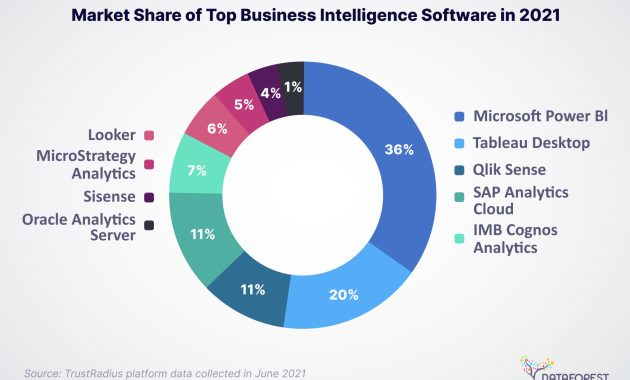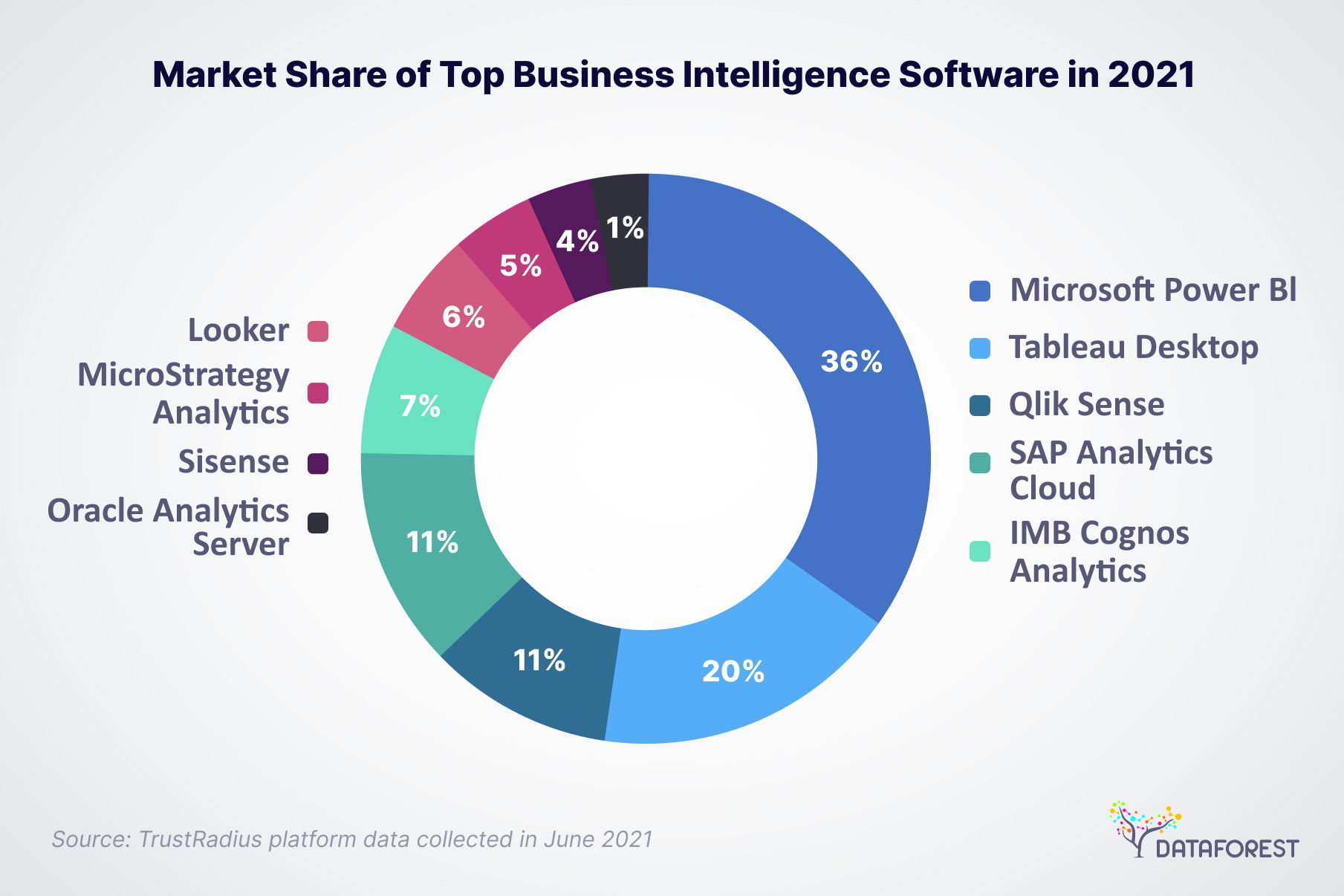
Convert Better Using Business Intelligence Software Data: A Strategic Approach
In today’s data-driven world, businesses are constantly seeking ways to gain a competitive edge. One of the most powerful tools available is business intelligence (BI) software. This software transforms raw data into actionable insights. This allows companies to make informed decisions and, ultimately, convert better. The effective use of business intelligence software data is no longer a luxury. It is a necessity for sustained success. This article explores how to leverage BI software to enhance conversion rates. We will delve into the key strategies and benefits of using data to drive better business outcomes.
Understanding the Power of Business Intelligence
Business intelligence software provides a comprehensive view of business performance. It collects and analyzes data from various sources. These sources include sales, marketing, customer service, and operations. By integrating data from these different areas, BI software creates a unified view. This view allows for a deeper understanding of customer behavior, market trends, and operational efficiencies. The insights gained from BI software enable businesses to identify opportunities and address challenges. This is crucial for improving conversion rates.
Data-Driven Decision Making for Enhanced Conversions
The core value of BI software lies in its ability to support data-driven decision making. This approach relies on evidence and analysis. It moves away from relying on intuition or guesswork. By analyzing data, businesses can understand what works and what doesn’t. They can also identify patterns and trends that might otherwise go unnoticed. For example, analyzing website traffic data can reveal which pages are most effective at converting visitors into leads. This allows for optimization of those pages. Similarly, analyzing sales data can help identify the most effective sales strategies. These strategies can then be replicated across the sales team. This data-driven approach leads to more effective marketing campaigns. It also improves sales processes and increases conversion rates.
Key Features of Business Intelligence Software for Conversion Optimization
Effective BI software offers a range of features. These features are essential for conversion optimization. These include:
- Data Visualization: Interactive dashboards and reports present data in an easy-to-understand format. This allows for quick identification of key trends and insights.
- Data Integration: The ability to connect to various data sources ensures a comprehensive view of business performance.
- Predictive Analytics: Forecasting future trends and outcomes based on historical data. This allows businesses to proactively adjust strategies.
- Segmentation: Grouping customers based on shared characteristics. This enables targeted marketing campaigns.
- Real-Time Reporting: Access to up-to-date information allows for quick decision making and adjustments.
These features work together to provide a holistic view of the business. They enable data-driven decision making. This leads to improved conversion rates.
Identifying Conversion Bottlenecks with BI Software
One of the most valuable uses of BI software is identifying conversion bottlenecks. These are the points in the sales funnel where potential customers are dropping off. By analyzing data, businesses can pinpoint these areas. They can then implement targeted solutions to improve conversion rates. For example, a high bounce rate on a landing page might indicate an issue with the page’s design. Analyzing data can help determine the exact problem. This might be slow loading times or irrelevant content. Addressing these issues can significantly improve conversion rates. BI software allows for the identification of these bottlenecks. It also provides the data needed to fix them. This is a critical step in optimizing the conversion process.
Using Customer Segmentation for Targeted Marketing
BI software enables businesses to segment their customer base. This segmentation is based on various factors, such as demographics, purchase history, and online behavior. By segmenting customers, businesses can create targeted marketing campaigns. These campaigns are much more effective than generic, one-size-fits-all approaches. For example, a company selling software might segment its customers into different groups. These groups could include small businesses, enterprise clients, and individual users. Each segment would then receive marketing messages tailored to their specific needs and interests. This personalized approach increases the likelihood of conversion. It also improves customer satisfaction. BI software provides the tools needed to segment customers effectively. It also allows for the creation of highly targeted marketing campaigns.
Personalization and the Impact on Conversion Rates
Personalization is key to improving conversion rates. Customers are more likely to convert when they feel understood and valued. BI software allows businesses to personalize the customer experience. This is done by analyzing customer data and tailoring interactions accordingly. For example, a company can use data to recommend products that a customer is likely to be interested in. It can also personalize website content based on a customer’s past behavior. These personalized experiences create a stronger connection with customers. They also increase the likelihood of a conversion. By using BI software, businesses can create highly personalized experiences. They can also improve conversion rates.
Optimizing Sales Processes with Data Insights
BI software can also be used to optimize sales processes. By analyzing sales data, businesses can identify the most effective sales strategies. They can also determine which sales representatives are most successful. This information can then be used to train other members of the sales team. It can also be used to refine the sales process. For example, analyzing sales call data might reveal that certain scripts or approaches are more effective than others. This information can be used to standardize the sales process. It can also improve the overall effectiveness of the sales team. This leads to higher conversion rates. BI software provides the insights needed to optimize sales processes. It also improves sales team performance.
Measuring and Tracking Key Performance Indicators
To effectively improve conversion rates, it is essential to measure and track key performance indicators (KPIs). These are metrics that indicate the success of a business’s efforts. BI software allows businesses to track these KPIs in real time. This allows for quick identification of areas that need improvement. Some key KPIs to track include:
- Conversion Rate: The percentage of visitors who complete a desired action.
- Cost Per Acquisition (CPA): The cost of acquiring a new customer.
- Customer Lifetime Value (CLTV): The predicted revenue a customer will generate over their relationship with the business.
- Return on Investment (ROI): The profitability of marketing and sales campaigns.
By monitoring these KPIs, businesses can track their progress. They can also make data-driven adjustments to their strategies. This leads to improved conversion rates. BI software provides the tools needed to track and analyze these important metrics.
Selecting the Right Business Intelligence Software
Choosing the right BI software is critical for success. The best software will depend on the specific needs of the business. Some factors to consider include:
- Ease of Use: The software should be intuitive and easy to use. It should not require extensive training.
- Scalability: The software should be able to handle growing data volumes. It should accommodate the business’s future needs.
- Data Integration Capabilities: The software should be able to connect to all relevant data sources.
- Reporting and Visualization Features: The software should offer robust reporting and visualization options. This ensures that data insights are easy to understand.
- Cost: The software should be affordable. It should provide a good return on investment.
By carefully evaluating these factors, businesses can choose the BI software. They can also select the tool that best meets their needs.
Implementing a Data-Driven Culture
Simply implementing BI software is not enough. Businesses must also foster a data-driven culture. This means encouraging employees to use data to inform their decisions. It also means providing training and support. This ensures that everyone understands how to use the software effectively. A data-driven culture encourages experimentation and innovation. It also encourages continuous improvement. This culture is essential for maximizing the benefits of BI software. It also ensures that businesses can convert better.
Future Trends in Business Intelligence and Conversions
The field of business intelligence is constantly evolving. Several trends are shaping the future of BI and conversion optimization:
- Artificial Intelligence (AI) and Machine Learning (ML): AI and ML are being used to automate data analysis. They are also helping to predict future trends.
- Self-Service BI: Making BI tools accessible to a wider range of users. This empowers more employees to make data-driven decisions.
- Cloud-Based BI: Cloud-based solutions offer greater flexibility and scalability. They also offer lower costs.
- Focus on Data Privacy and Security: Protecting customer data is becoming increasingly important.
Businesses that embrace these trends will be well-positioned to convert better. They will also stay ahead of the competition.
Conclusion: Convert Better Using Business Intelligence Software Data
Business intelligence software is a powerful tool for improving conversion rates. By leveraging data to inform decisions, businesses can optimize their marketing efforts. They can also refine their sales processes and personalize the customer experience. Implementing BI software and fostering a data-driven culture is essential. Businesses need to embrace the future trends. This will ensure they convert better. By understanding the power of business intelligence software data, businesses can achieve significant improvements. They can also drive sustainable growth. This is the key to converting better and achieving long-term success. Make sure to convert better using business intelligence software data. [See also: Related Article Titles]

